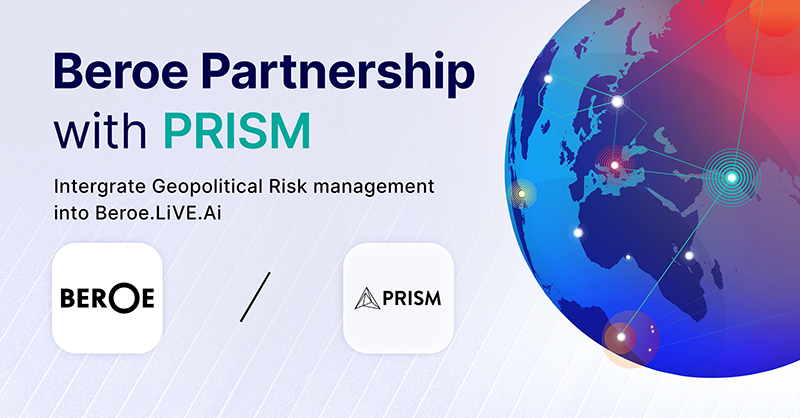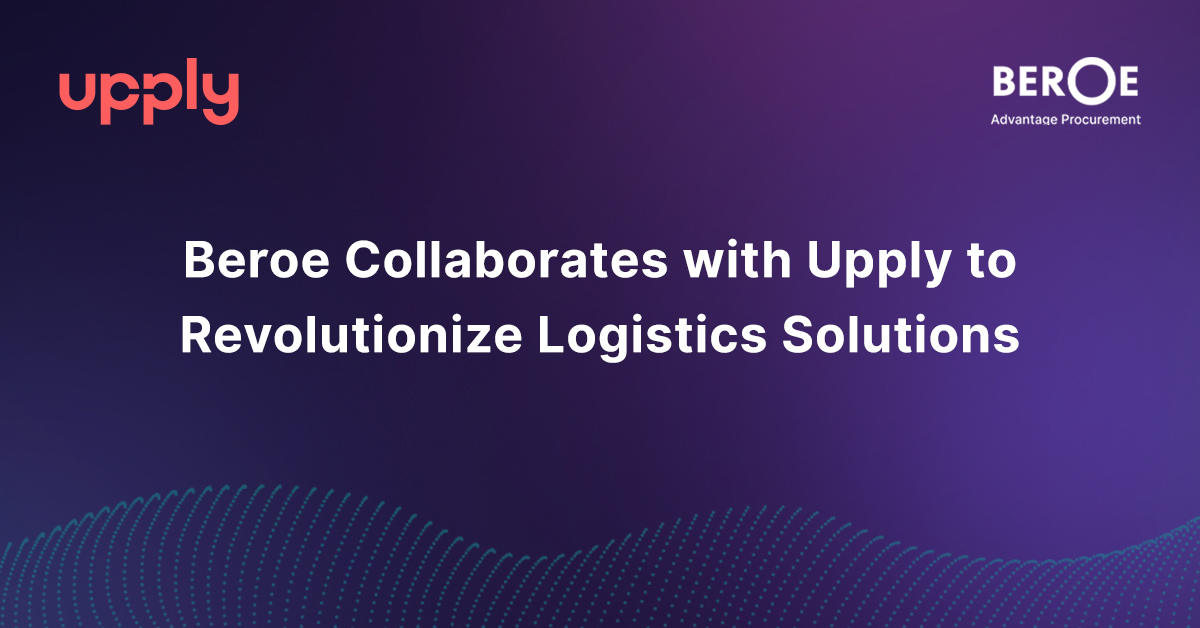In-vitro Toxicology Market Currently Growing at a CAGR of 15.4 Percent, Says Beroe Inc
Source: PR Newswire
RALEIGH, North Carolina, October 8, 2019 - The global in-vitro toxicology testing market is currently estimated to be worth $4.6 billion and is expected to reach a value of $5.1 billion by 2020, according to Beroe Inc., a procurement intelligence firm. In-vitro toxicology accounts for approximately 30 percent of the overall toxicology testing market, with the remainder consists of in-vivo testing.
North America accounts for the largest share of over 40 percent revenue in the in-vitro toxicology market, followed by Europe with a 30 percent market share. The pricing model adoption rate for in-vitro services varies with the geographies, due to the variation in engagement terms, as well as the type and duration of the project outsourced. In developed markets, the FFS pricing model has a higher adoption rate while in emerging markets the FTE pricing model is more commonly adopted.
https://www.beroeinc.com/category-intelligence/in-vitro-toxicology-market/
Beroe, which is based in North Carolina, further stated that procurement experts can access this report on its recently launched market intelligence platform Beroe LiVE: live.beroeinc.com
Opposition to animal testing in drug development, increase in global illicit drug abusers and increasing R&D to detect toxicity at early stages are factors that are driving the growth of the market. Other factors include the development of new technologies in analytical laboratories and the enhanced efficiency of in-vitro toxicology testing in cancer diagnosis. The predictive ability of the tests, stringent regulatory framework, and the inability of in-vitro models to detect certain anomalies are the major challenges faced by the market.
The emergence of new approaches of 3D cell culture can boost the market as 3D cell culture represents the next generation of in-vitro toxicology testing, especially in liver research. Organ-on-chip or tissue-on-chip is an in-vitro means used to access the safety and efficacy of drugs and therapeutics is also gaining in popularity, with recent experiments showing that organ-on-chip could lead to personalized treatments.
Key Findings:
- There is a highly fragmented supplier market in in-vitro toxicology, which is subject to in-sourcing. Large integrated suppliers are acquiring niche suppliers and increasing their market share.
- EU funding of in-vitro or in-silico testing research could be restricted as a result of BREXIT. The political impact will be dependent on the UK government’s decision to continue being a part of the European Economic Area (EEA), or joining the European Free Trade Association.
- There was a large difference in the total number of compounds between pharmaceutical companies and CROs, with pharmaceutical companies peaking at over 180,000 and CROs peaking at over 500 tests per annum.
- In-vitro toxicology tests at CROs include ADME, Skin Irritation, Dermal Absorption, Genotoxicity, Eye Irritation, Safety Pharmacology, Skin Corrosion, Phototoxicity, Inhalation, and Endocrine Disruptors.
- The cost structure tends to vary based on the country. In the U.S., labor accounts for 40 percent of the costs, consumables for 20 percent, equipment for 15 percent, technology for 5 percent, overheads for 20 percent and margins for 20 percent. In China, labor accounts for 35 percent of the costs, consumables for 20 percent, equipment for 20 percent, technology for 5 percent, overheads for 20 percent and margins for 30 percent.
The research methodology adopted for the report included:
- Experts with twenty years of domain experience
- Interaction with buyers
- Inputs from supply chain partners
Around 99 percent of in-vitro toxicology testing usage is seen in the three main areas, namely ADME, safety pharmacology, and genotoxicity. However, there is concern about the global capacity for performing complex Genotoxicity studies, such as the Extended One-generation Reproductive Toxicity Study (EOGRTS) and higher-tier Ecotoxicity testing, as there are a limited number of CROs capable of conducting them.
The report also includes:
Market Analysis:
- In-vitro Toxicology Testing Market
- Growth Drivers and Constraints
- Porter’s Five Forces Analysis
- Market Trends
Supply Market Overview:
- Major Suppliers
- Supplier Market Consolidation
Industry Best Practices:
- Cost Structure
- Pricing Models
About Beroe Inc.:
Beroe is the world's leading provider of procurement intelligence and supplier compliance solutions. We provide critical market information and analysis that enables companies to make smart sourcing decisions—leading to lower costs, greater profits and reduced risk. Beroe has been providing these services for more than 13 years and currently works with more than 10,000 companies worldwide, including 400 of the Fortune 500 companies.
To learn more about Beroe Inc., please visit: http://www.beroeinc.com
Media Contact:
Rob McMurtrie
rob.mcmurtrie@beroe-inc.com
Related News
View all
Beroe Makes Strategic Investment in Forestreet, Strengthening AI Capabilities and Driving Procurement Intelligence Innovation

Beroe introduces on-demand geopolitical risk analysis through PRISM enabling C-Suite to protect against ongoing supply chain disruptions
